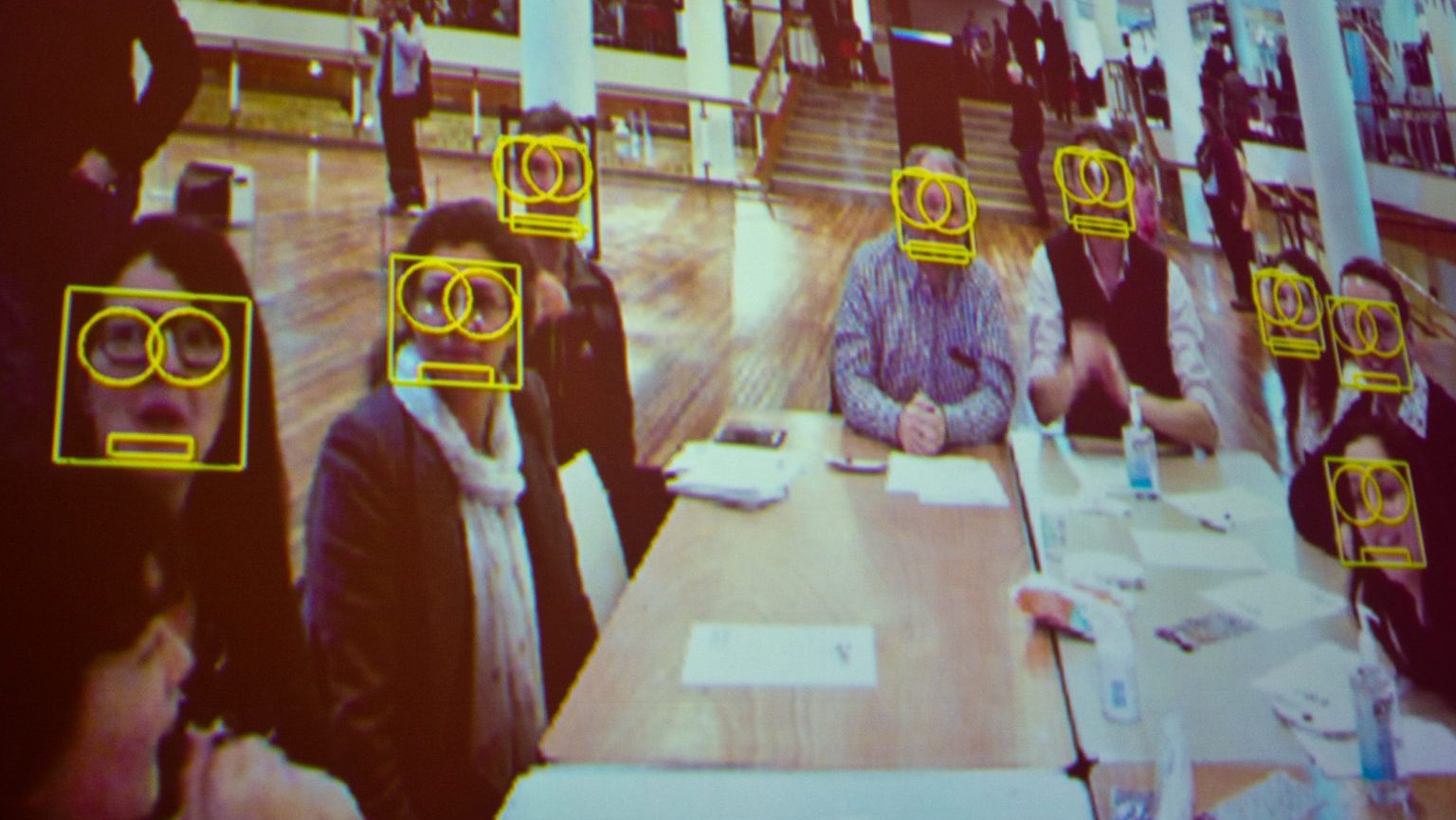Planetary intelligence

What do you think of when you hear the term “planetary intelligence”?
Does it conjure up images of a living planet where life is somehow self-aware, like in the movie Avatar? Does it bring to mind a kind of cooperative interaction of humanity that allows for wise collective action? Or maybe you’re ready to go beyond biology and consider a global artificial intelligence that eventually replaces humans?
These are exactly the questions that brought researchers to Arizona State University’s Beyond Center recently for a meeting called “Planetary Intelligence: Humanities’ Future in the Age of AI.” I was lucky enough to be included among the participants in what turned out to be a day of mind-blowing intellectual adventure. My hope today is to give you a little flavor of the terrain we explored. After all, it’s not everyday that you get to attend a meeting where no one is sure exactly what the topic means!
Sara Walker, an ASU Professor of Physics (and former graduate student of 13.8’s own Marcelo Gleiser) led the day. Her talk was called “The Physics of Living and Non-Living Worlds.” Sara is provocative thinker who likes to take unconventional ideas and run them out as far as they can go. In this case, she was interested in how viewing life in terms of information changes our frame of reference.
She made two points that really stuck with me. The first was an information-centric view of living systems, distinguishing life from non-life. For Sara, life is defined by the capacity to harness information through time, allowing life to act on, and transform, matter and energy in a way that non-living systems cannot. Her second point was that while we think of cells as the essential “unit” of life, from an information-centric perspective, the only meaningful boundary in life’s transformations of matter and energy is the planet itself. That means one has to consider the planet as a whole when considering life. From this view, the biosphere already has a kind of intelligence because it is, essentially, an information-processing system on a planetary scale.
Awakening of a planet
David Grinspoon and I then spoke about the planetary evolution of technological civilizations. David and I are like twin sons of different mothers in that we’ve both been independently pursuing the idea of an “astrobiology of the Anthropocene.” This was the topic of our recent books, Light of the Stars and Earth in Human Hands. At the meeting, we each discussed ways to regard the appearance of a large-scale technological civilizations as the “awakening” of a planet. A natural consequence of such an appearance would drive some form of climate change. Such a self-induced existential threat would force any civilization like ours to become purposeful in its relation to other planetary systems (atmosphere, oceans, cryosphere, lithosphere, and biosphere). For David and me, planetary intelligence means a kind of planetary cooperation between the civilization and the rest of the biosphere such that “all boats rise.”
For Susan Schneider, a philosopher at the University of Connecticut, the rise of AI raises profound questions about planets and intelligence. She said that machine-based super-intelligences may be the most common form of “mind” out there. This would follow if most civilizations begin biologically, but in the rise of their technological capacities, they produce artificial intelligence that quickly outpace their creators. In this case, we would expect most inhabited “technological” planets to be dense with intelligence—though of the silicon form, not the gooey brain stuff we’re familiar with. One idea I found fascinating was “computronium,” meaning the possibility of creating matter that was itself a computer (down to its very subatomic particles). Perhaps the fate of inhabited planets is to have their very substance converted into computronium that serves as the matrix for its native super intelligence.
If this all seems very much “out there,” you’re right. That’s what made it so exciting. But the organizers had the foresight to also invite ethicist Fred Simmons who literally brought us down to Earth. Simmons’ thesis was that we already have a lot of “planetary thinking” in the form of global political and economic systems. What we don’t have is planetary intelligence in the form of wisdom. In other words, our current form of planetary thinking is morally flawed because it cannot take long-term ecological/biosphere perspectives into account. In that way it will create needless suffering for both humans and other species in the near future and beyond.
There were other speakers and topics, and each one pointed to a different direction in defining “planetary intelligence.” It was pretty bracing stuff, and underlined the idea that there are a number of possible meanings of that term.
Of this I’m certain: While we might not yet have a conclusive definition of “planetary intelligence,” our future may depend on developing some version of it as quickly as possible.
The post Planetary Intelligence appeared first on ORBITER.





